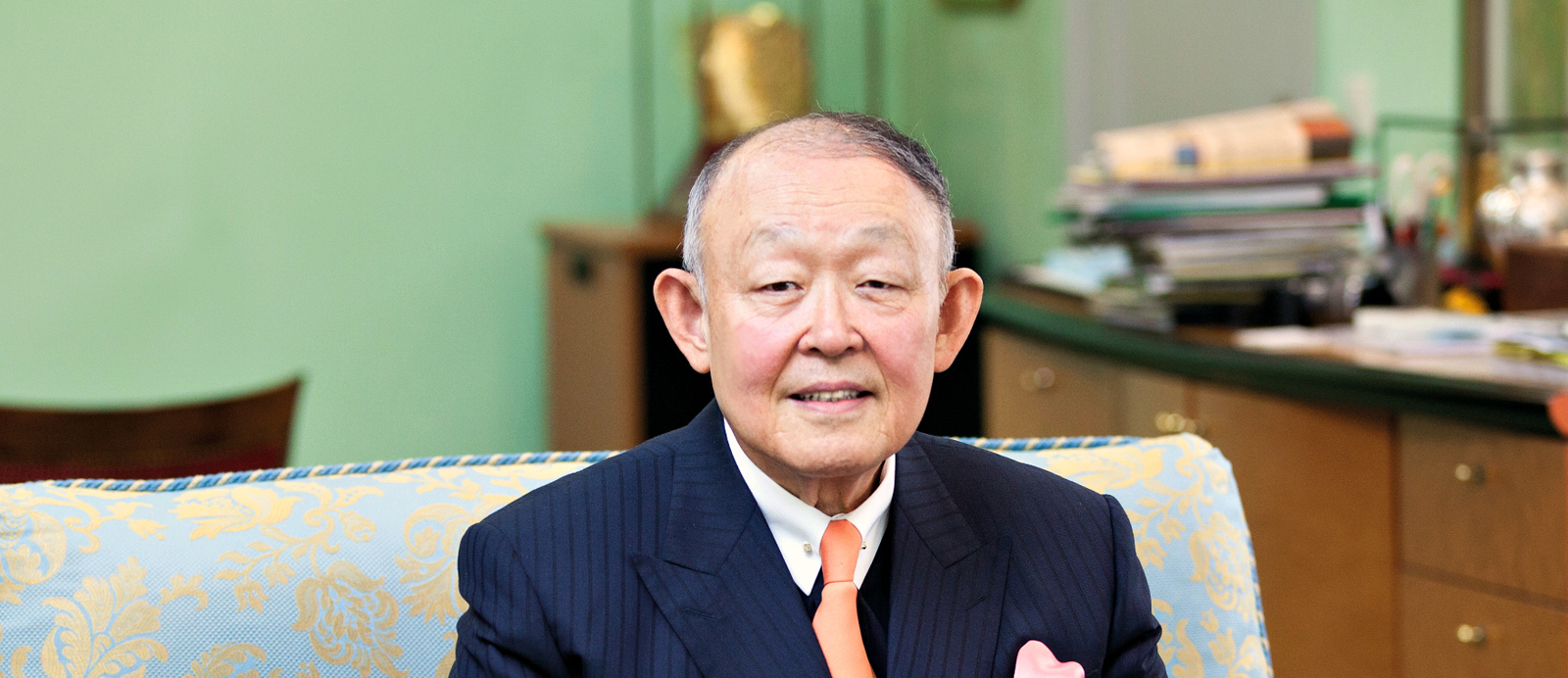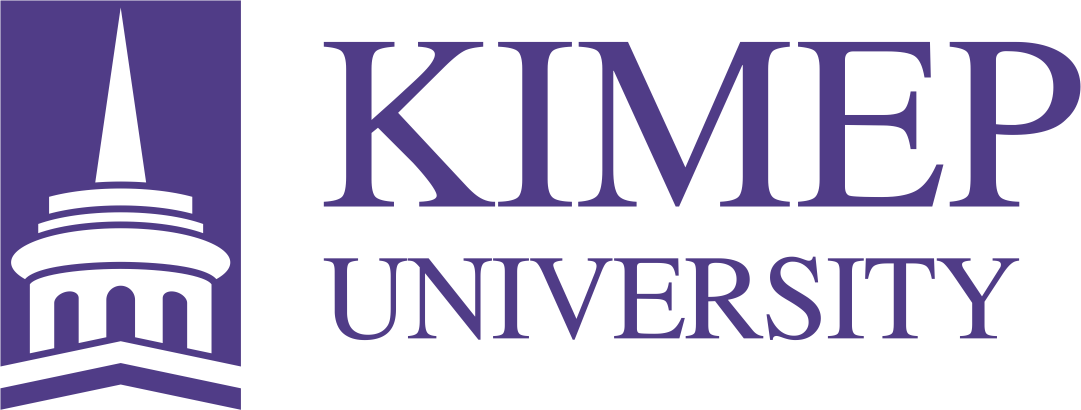Chan Young Bang, PhD

Dr. Chan Young Bang
Chan Young Bang was born and raised on the Ongjin Peninsula (present-day North Korea), where his father owned and operated a hospital. In 1950, when Northern forces charged south, he fled with his mother to Seoul, while his father stayed to treat the deluge of war victims. When armed conflict ended, he returned to Ongjin to find his father hiding, ill and forlorn, in the outskirts of the city, and to learn that his entire extended family had been executed.
He went on to attend Yonsei University in Seoul, and then completed a PhD in Economics at the University of Colorado in 1963. He taught at the University of California, Los Angeles, then obtained a tenured position as a Professor of Economics at the University of San Francisco in 1978. For over a decade, he directed the Research Institute of Asian/Pacific Studies at USF.
In 1990, Dr. Bang was invited by Nursultan Nazarbayev, the President of Kazakhstan, to serve as his Economic Advisor and as the Vice Chairman of the Expert Committee, which the President himself chaired. In these roles, during the dissolution of the Soviet Union, he oversaw the introduction of market opening and privatization in Kazakhstan. By adopting comprehensive market reform, Kazakhstan quickly became the strongest economy in Central Asia. It should be noted that Dr. Bang also held several meetings with USSR President Mikhail Gorbachev, in which he encouraged President Gorbachev to implement large-scale market reforms in order to revive the lagging Soviet economy. (Let it be noted, he did not heed Dr. Bang’s advice.) Shortly thereafter, for a brief period of time in the late 1990s, he provided counsel to a North Korean Economic Advisor, Kim Yong-sun.
Throughout the past two decades, Dr. Bang has conducted intensive economic and political research on the Korean conflict, held lengthy discussions with political leaders and prominent experts, and has published five books on the topic. In November 2016, he organized a conflict-resolution conference (titled Nuclear Disarmament for Sustainable and Dynamic Economic Development in the Korean Peninsula) at KIMEP University, where he serves as the President, in Almaty, Kazakhstan. To this conference he invited experts from the United States, South Korea, China, Russia, and the United Kingdom. Notable representation included speakers from the Ministry of Foreign Affairs of Russian Federation, the Chinese Academy of Social Sciences, the University of Southern California Korean Studies Institute, South Korea’s Yonsei and Dongguk Universities, and a former British UN ambassador.
The participants of this conference unanimously reached the conclusion that the only viable solution in North Korea is for all stakeholders to develop a unified ultimatum, which heavily incentivizes denuclearization and supports regime survival by means of economic modernization, meanwhile threatening regime collapse if the status quo is maintained.
Following the 2016 conflict-resolution conference Dr. Bang hosted, he sent a copy of my proposal to South Korean President Moon Jae-in; Zhibo Zou, the Deputy General Director of the Institute of World Economics and Politics at the Chinese Academy of Social Sciences; and Dr. Alexander Zhebin, Director of the Center for Korean Studies at the Institute of Far Eastern Studies of the Russian Academy of Sciences. All emphatically favored the proposal, nonetheless skeptical that other stakeholders would agree to its terms.
This platform was created not only to help the proposal reach the eyes and minds of policy makers, but also to subject it to necessary critiques of the research community. Please contact us if you wish to provide feedback, inquire about lectures and conferences, or collaborate.






